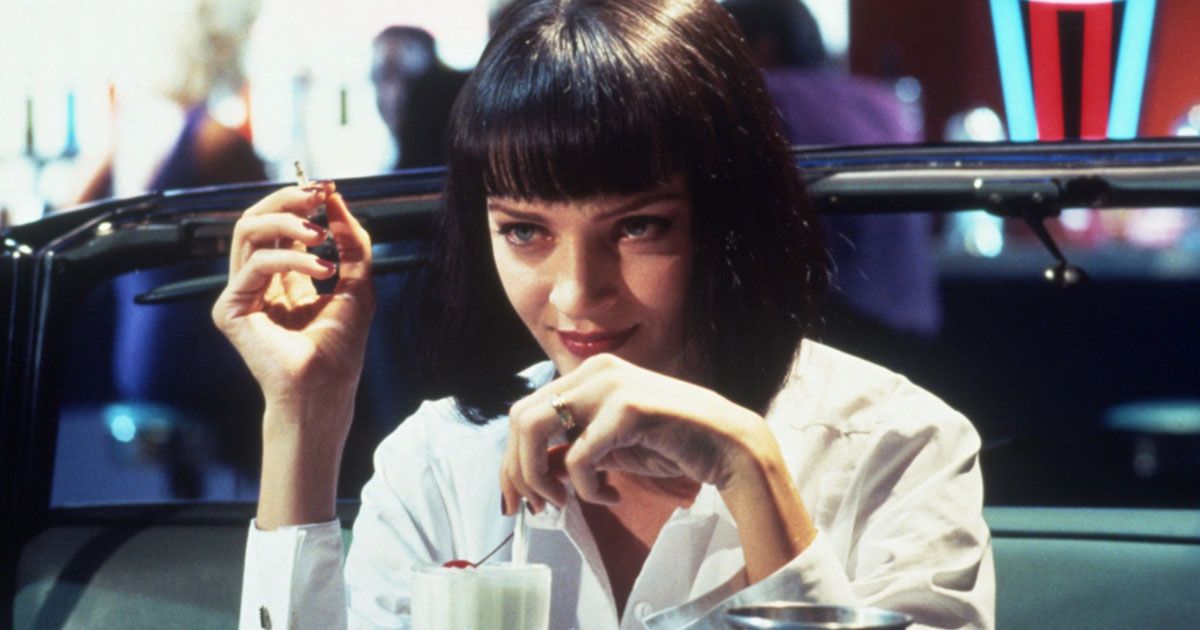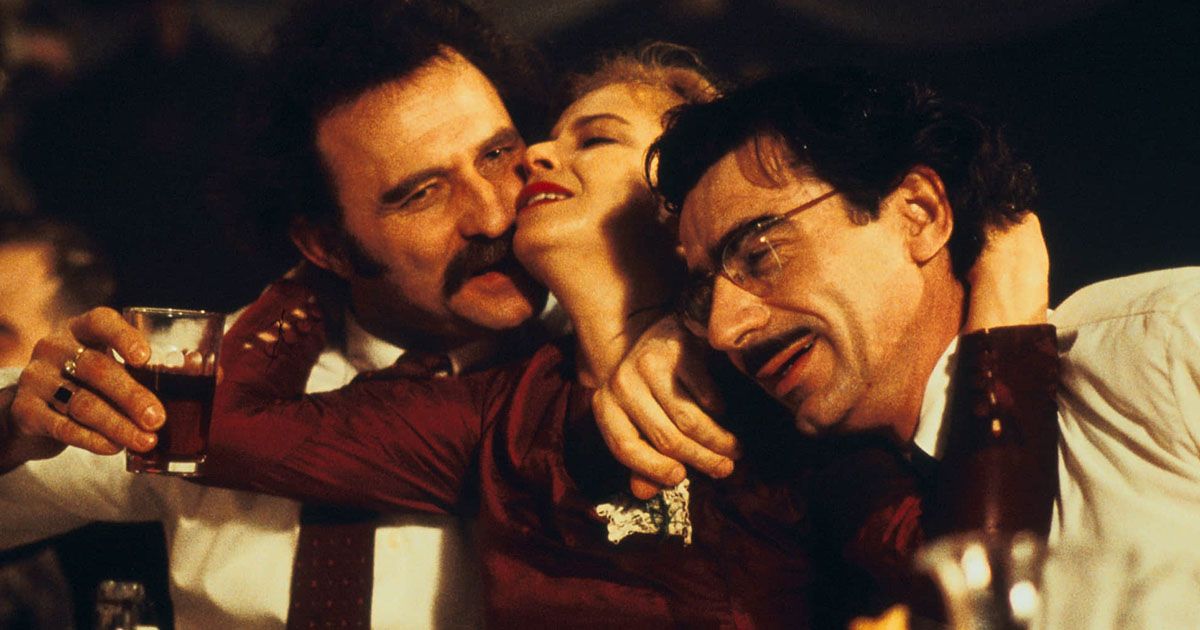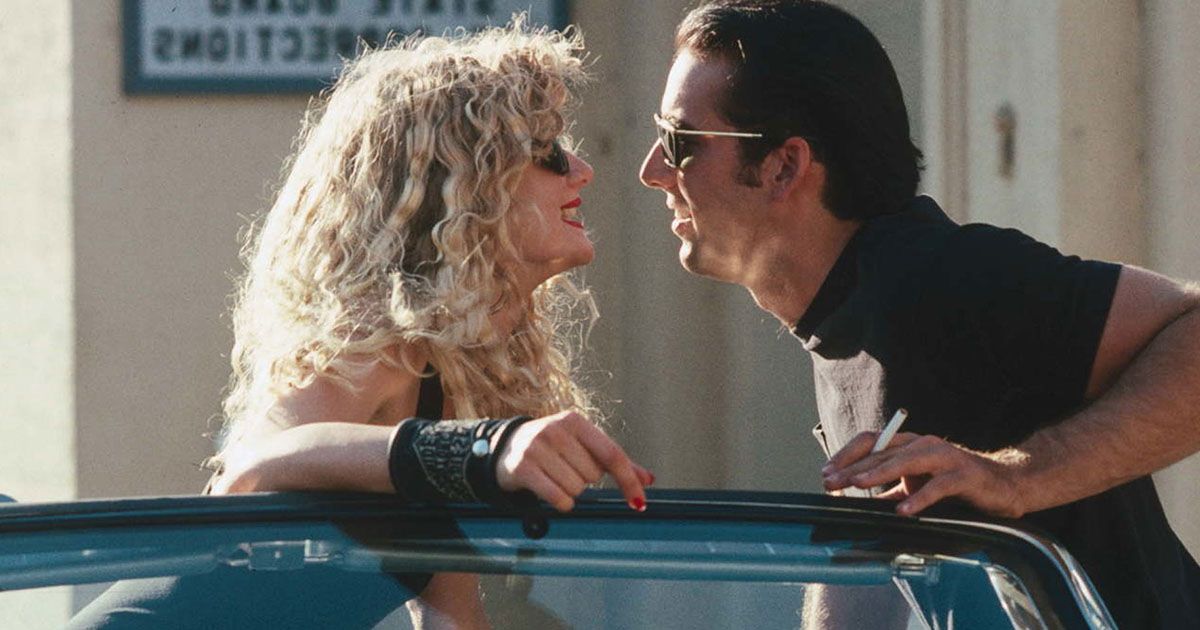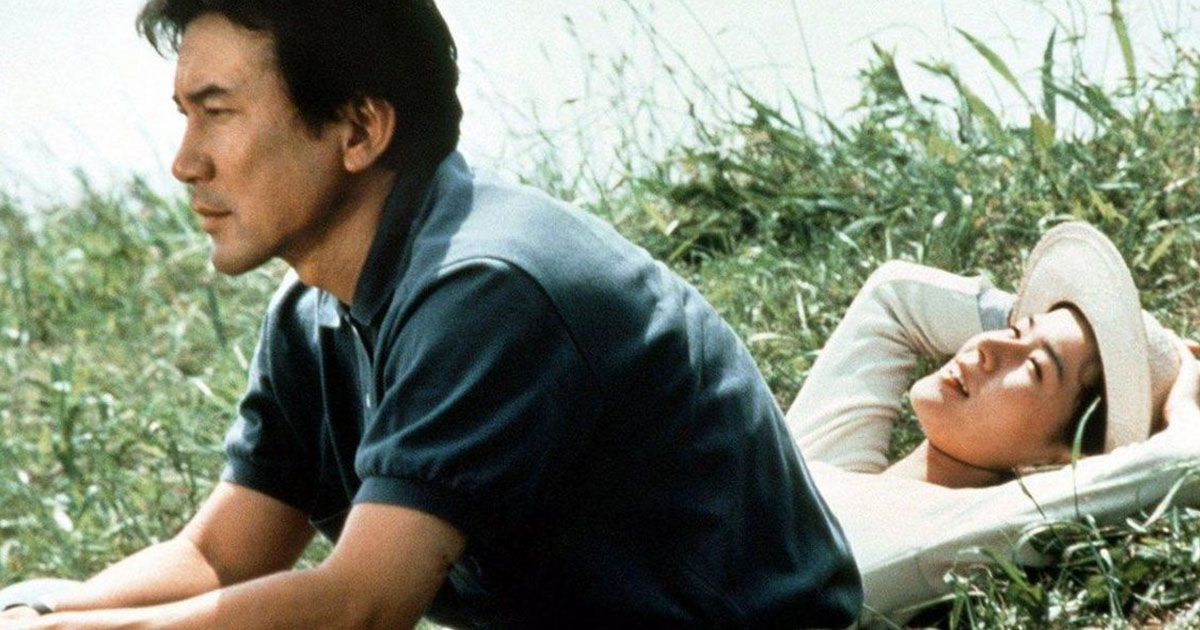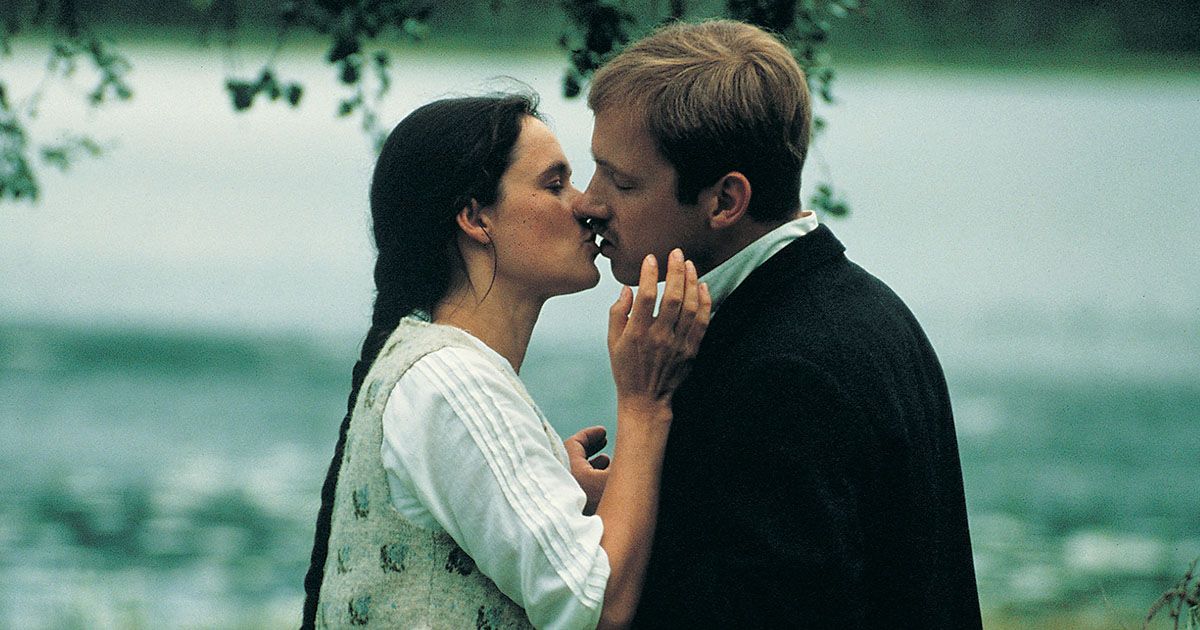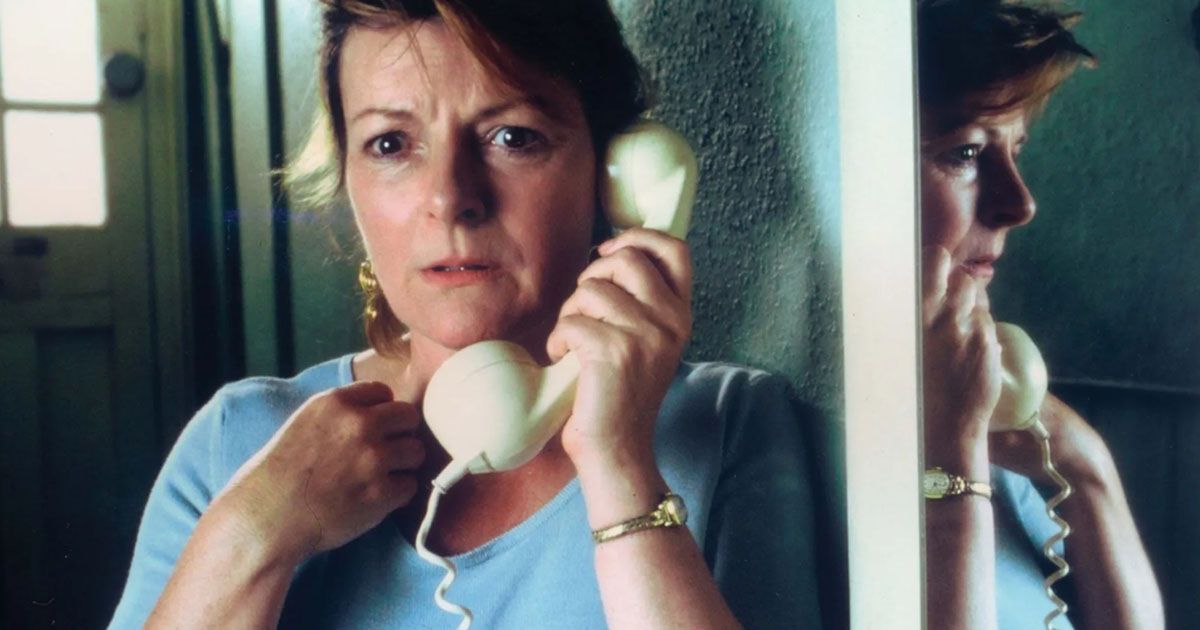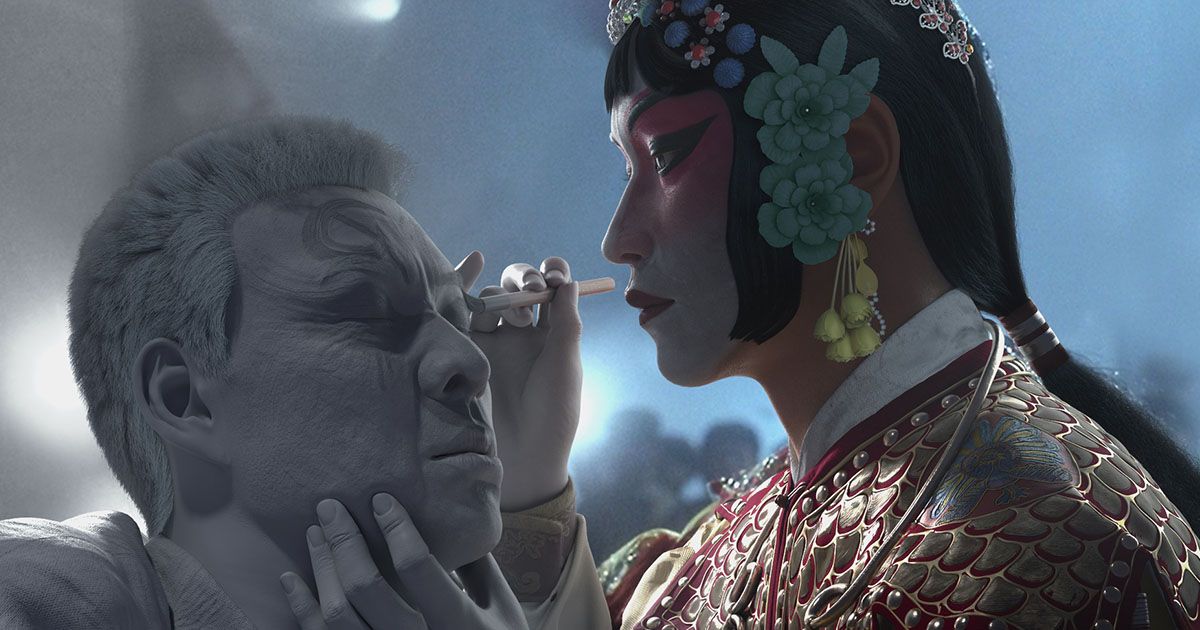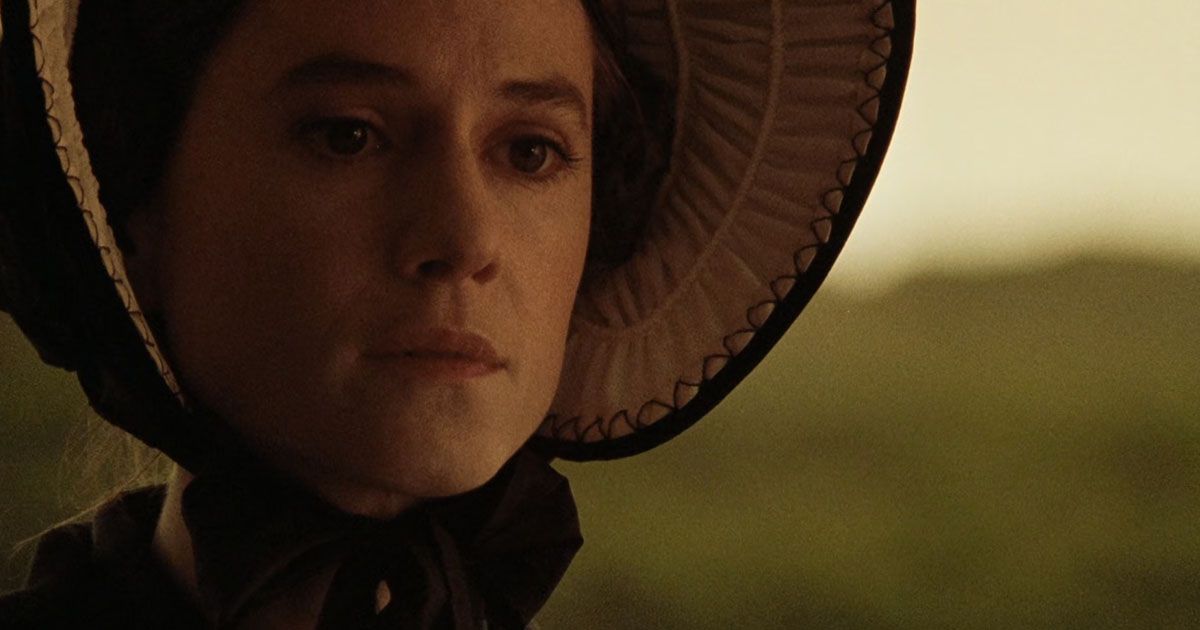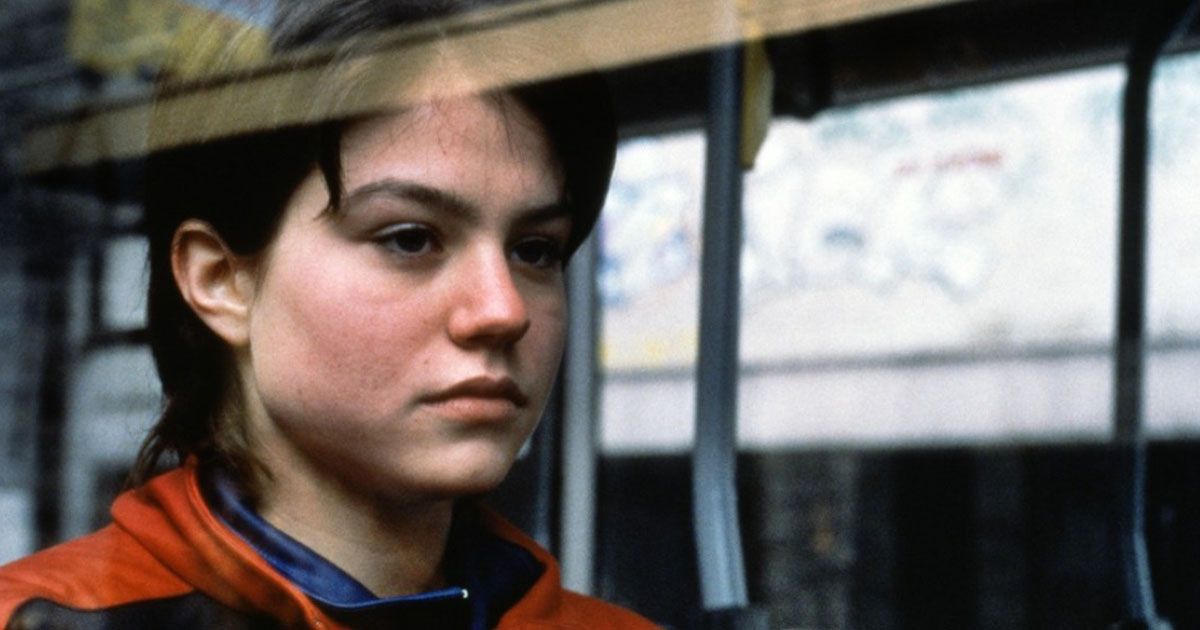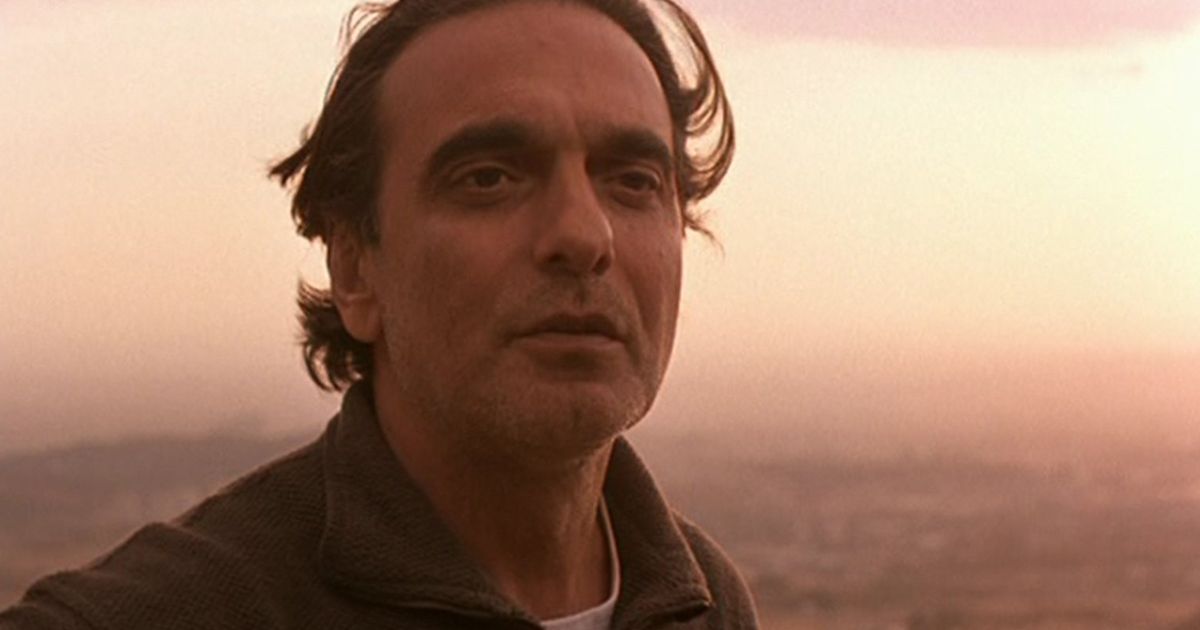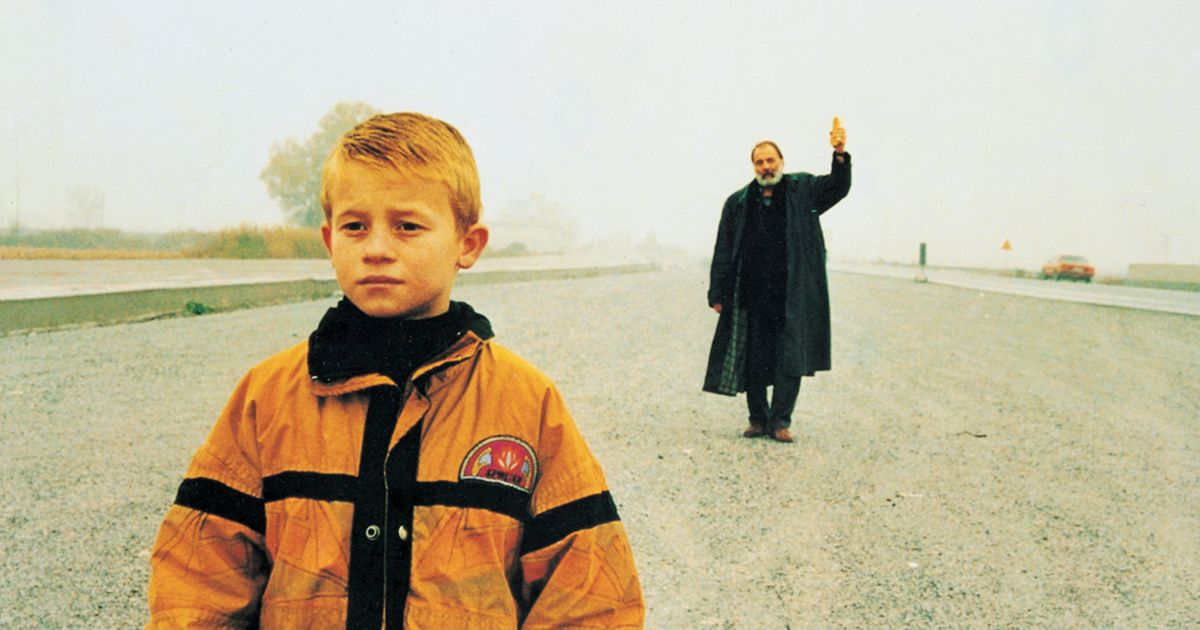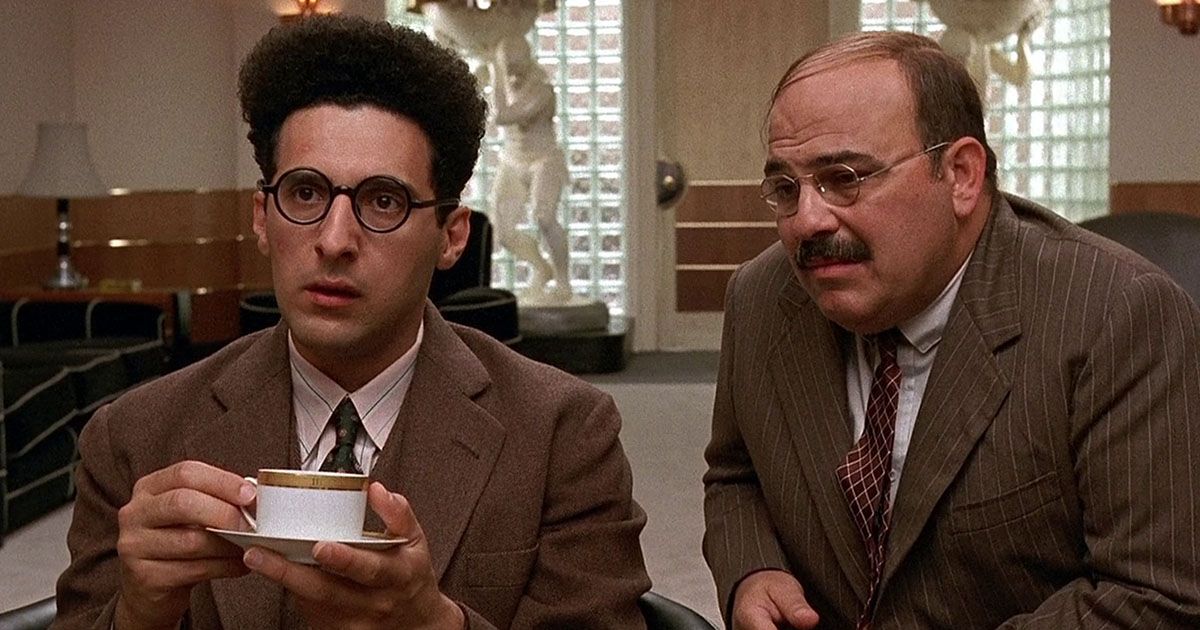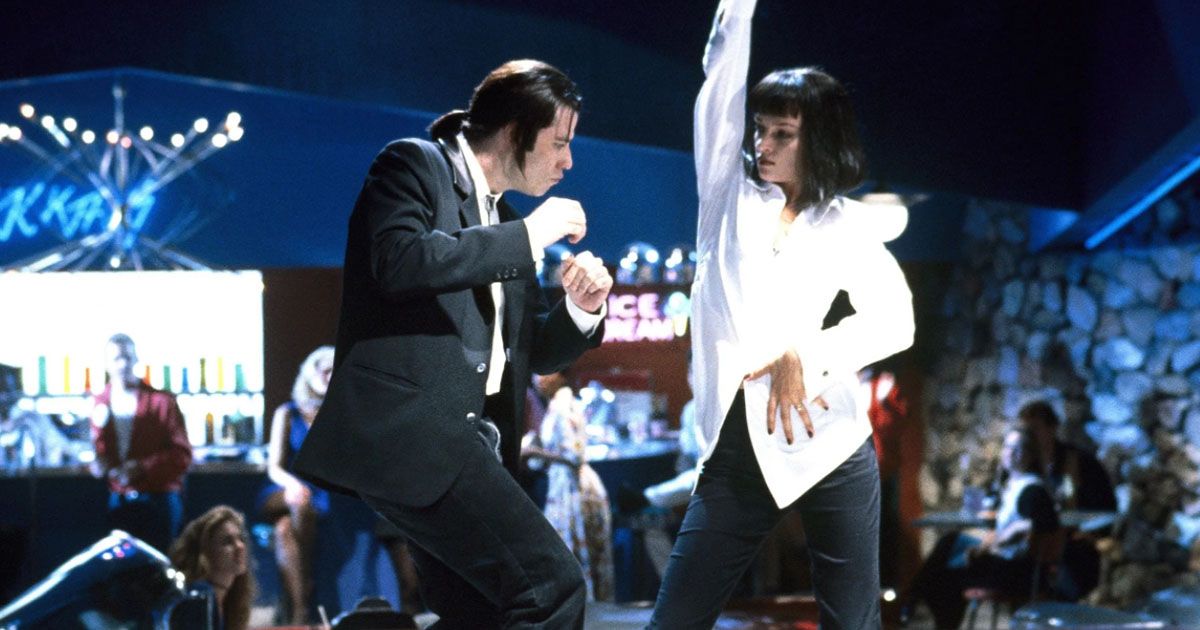The 1990s brought us not only such high-grossing films as Titanic, Star Wars: Episode I – The Phantom Menace, Jurassic Park, Independence Day, and The Lion King, but a lot of low-budget independent movies that reinvented the rules of filmmaking. Some of them won the highest prize at the Cannes Film Festival, the Palme d'Or, in a decade where some surprising populist American choices overtook more established international favorites at the competition.
Looking at every Palme d'Or winner of the 1990s, they perfectly show the state of cinema of the decade, from arthouse sensibilities to independent directors who were breaking the mold and redefining the mainstream. With films by David Lynch, Theo Angelopoulos, the Dardenne brothers, the Coen brothers, Quentin Tarantino, and more, here's every Palme d'Or winner at the Cannes Film Festival in the '90s, ranked.
12 Underground
Winner of the 1995 Palme d'Or, Emir Kusturica’s comedy-drama Underground is a bold recreation of Yugoslav history, from World War II until the Yugoslav Wars, after which Yugoslav’s republics declared independence. The Los Angeles Times described Underground as "a sprawling, rowdy, vital film laced with both outrageous absurdist dark humor and unspeakable pain, suffering, and injustice." It is an allegorical story of the almost 50 years of the life of two friends and their country in a film only Kusturica can do, with his usual boisterous energy.
11 Wild at Heart
David Lynch’s film Wild at Heart is a disturbing, surreal, and mesmerizing romance movie set on the road. The 1990 Cannes Film Festival-winning film centers on young lovers, jailbird Sailor (one of the best Nicolas Cage indie performances) and Lula (one of the best Laura Dern roles too), who go on the run from the gangsters that Lula’s hysterical mother hires to kill her daughter’s boyfriend.
David Lynch made a great film that includes deep allusions to one of his favorites, The Wizard of Oz, and is violent and funny at the same time (iconically personified in a disturbing but comic performance from Willem Dafoe). One of the most controversial Palme d'Or wins to date, it's hard to forget Lynch's grin as the festival audience booed him during the awards ceremony.
10 The Eel
At the 1997 Cannes Film Festival, two films, Iranian drama Taste of Cherry and the quiet Japanese film The Eel, shared the Palme d'Or. The Eel is poetic drama by a key figure in the Japanese New Wave, Shohei Imamura. Based on the Akira Yoshimura novel On Parole, the film follows a businessman who kills his wife. After eight years in prison, he returns with his pet eel and meets a woman who reminds him of his wife. It is a truly unpredictable, complex, and captivating movie about the redemption of a murderer.
9 The Best Intentions
Bille August’s three-hour Swedish drama The Best Intentions took home the Cannes Film Festival’s highest prize in 1992. Ingmar Bergman, one of the most influential filmmakers of all the time, wrote the film's screenplay and chose August as the director (who had previously won a Palme d'Or for Pelle the Conqueror). The Best Intentions tells a complicated story of love and conflict, and documents the difficult early years of Bergman's parents’ marriage, from their first meeting in 1909 to 1918, when Bergman was born. It is a compelling, intensely beautiful, very well-made film, and definitely one of the most honest and realistic movies about marriage.
8 Secrets & Lies
Winner of the 1996 Palme d'Or, Mike Leigh’s drama Secrets & Lies centers on a middle-class Black woman, Hortense (Marianne Jean-Baptiste), who finds her biological mother, Cynthia (Brenda Blethyn, who won Best Actress at Cannes for this role), a lonely white woman with a family problems. Secrets & Lies is filled with humor that balances out the depressive parts of the movie, a signature of Leigh's utterly humanistic cinema. It is an emotional, tear-inducing, and completely involving tale of failed expectations, forgiveness, compassion, reconciliation, and love.
7 Farewell My Concubine
In 1993, the Palme d'Or again went to two remarkable films, Farewell My Concubine and The Piano. Directed by Chinese filmmaker Chen Kaige, the epic historical drama Farewell My Concubine details nearly 70 years friendship of Peking Opera’s stars in a politically turbulent 1900s China. "Farewell My Concubine is a demonstration of how a great epic can function. I was generally familiar with the important moments in modern Chinese history, but this film helped me to feel and imagine what it was like to live in the country during those times," film critic Roger Ebert wrote.
6 The Piano
Jane Campion’s period drama The Piano received positive reviews from critics and won not only the Palme d'Or at the 1993 Cannes Film Festival, but also Academy Awards for Best Original Screenplay, Best Actress for Holly Hunter, and Best Supporting Actress for Anna Paquin. The film is set in the mid-1800s and follows a mute woman Ada (Hunter), who expresses herself through music, and her daughter Flora (Paquin). Ada’s father forced her into an arranged marriage, so she takes her daughter, a piano, and goes to her husband in New Zealand. When her husband sells her beloved piano, Ada’s life changes dramatically. It is a sensual, visually stunning, and unusual story about love and passion.
5 Rosetta
Belgian filmmakers Jean-Pierre and Luc Dardenne’s 1999 drama Rosetta is a painful tale of the desperate life of a teenager. The story follows teenage Rosetta, who lives with her alcoholic mother in a trailer and wants to find a job in order to live a 'normal' life. For the role of Rosetta, Émilie Dequenne won the Cannes Film Festival Award for Best Actress. She sets the tone for the movie, and looks so natural that Rosetta feels like documentary filmmaking at its most intimate. Thanks to the good acting and strong message, Rosetta became one of the deepest and most realistic women coming-of-age movies.
4 Taste of Cherry
Abbas Kiarostami’s haunting 1997 drama Taste of Cherry is one of the greatest Iranian movies ever made and the first Iranian film to win the Palme d’Or at Cannes. Taste of Cherry centers on a middle-aged man, Mr.Badii, who wants to kill himself and seeks anyone to bury him. An old taxidermist agrees to help Mr.Badii, but also leads him to think that the taste of cherries makes life worth living. This film is a touching and beautiful meditation on the question of the meaning of life, with a surprising, quietly metaphorical ending.
3 Eternity and a Day
The 1998 Cannes Film Festival-winning drama Eternity and a Day is a heartbreaking film from a masterful Greek filmmaker, the immensely underrated Theo Angelopoulos. The movie tells the melancholic story of an old writer, Alexandros, who has a terminal illness and is looking for someone who would take care of his dog after his death. Alexandros’ memory leads him across his life to the moment when he is ready to ask, "How long does tomorrow last?" He finds the answer: eternity and a day. Visually magnificent, poetic, and soulful, with a gorgeous score, this film is highly worth watching.
2 Barton Fink
The Coen brothers wrote the screenplay for Barton Fink, a tale of a young 1940s New York City playwright struggling with writer's block, when they experienced difficulty writing their script for Miller's Crossing. In three weeks, the filmmakers wrote a screenplay for one of the best movies about writers, a memorable masterpiece that hit theaters in 1991 and won the Palme d’Or, Best Director, and Best Actor (for superb John Turturro performance as Barton Fink) at Cannes. It is an awesome film from the Coen brothers that never lets up in its depth, mysteriousness, and humor, and is possibly their most intricately allegorical (and with arguably the best of John Goodman's many performances in Coen films).
1 Pulp Fiction
Quentin Tarantino’s 1994 masterpiece Pulp Fiction is undoubtedly one of the best movies of the 1990s. It deserves not only the Palme d'Or and its win for the Academy Award for Best Original Screenplay, but also argubaly the Academy Award for Best Picture that Forrest Gump won that year. Featuring an impressive A-list cast including John Travolta, Samuel L. Jackson, Uma Thurman, Bruce Willis, and others, Pulp Fiction tells several interlocking, fascinating stories about crime, violence, and redemption. Uniting black comedy with gangster movies in one bloody cocktail, Pulp Fiction is like no others, though there have been countless imitators. It is a brilliantly written must-see masterpiece.

